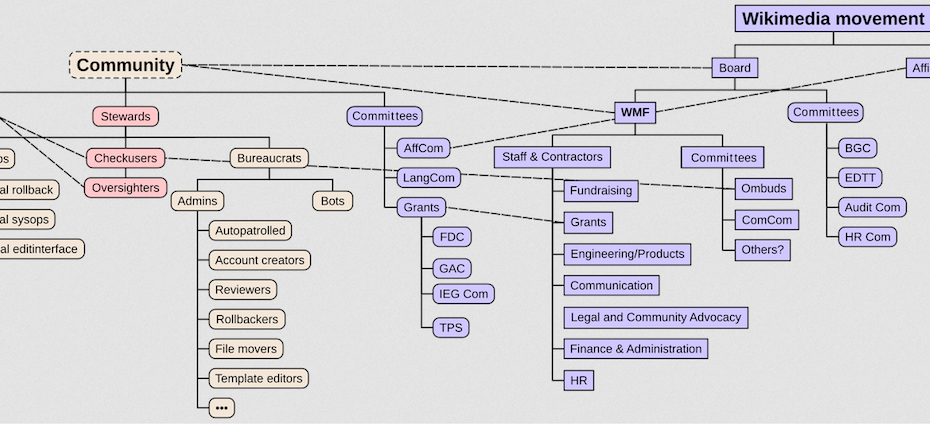The Digital Services Act is probably the most consequential dossier of the current EU legislative term. It will most likely become a formative set of rules on content moderation for the internet. It also means that it will shape the way Wikipedia and its sister projects operate. One can only hope that the DSA doesn’t try to fix what isn’t broken, specifically our community-based content moderation model. What are the scenarios?
A quick history of recent platform liability legislation
One of the reasons why the DSA became a thing, is the growing conviction that online intermediaries – from social media, through various user-generated content hosting platforms, to online marketplaces – will not fix the problems with illegal content through voluntary actions. In the previous legislative term we saw two proposals to change the responsibilities and liability of platforms. The focus was on types of content: copyrighted material (in the infamous Directive in Copyright in the Digital Single Market) and so-called terrorist content (in the Regulation on Dissemination of Terrorist content Online, or TERREG, with its final vote on April 28).
The topical focus has its limitations, such as the number of legal regimes one platform would need to conform to simultaneously. This time around, the European Commission wants to impose rules on platforms that would cover all sorts of an intermediaries, content and services.
Read More »How the DSA can help Wikipedia – or at least not hurt it










